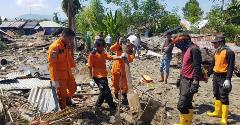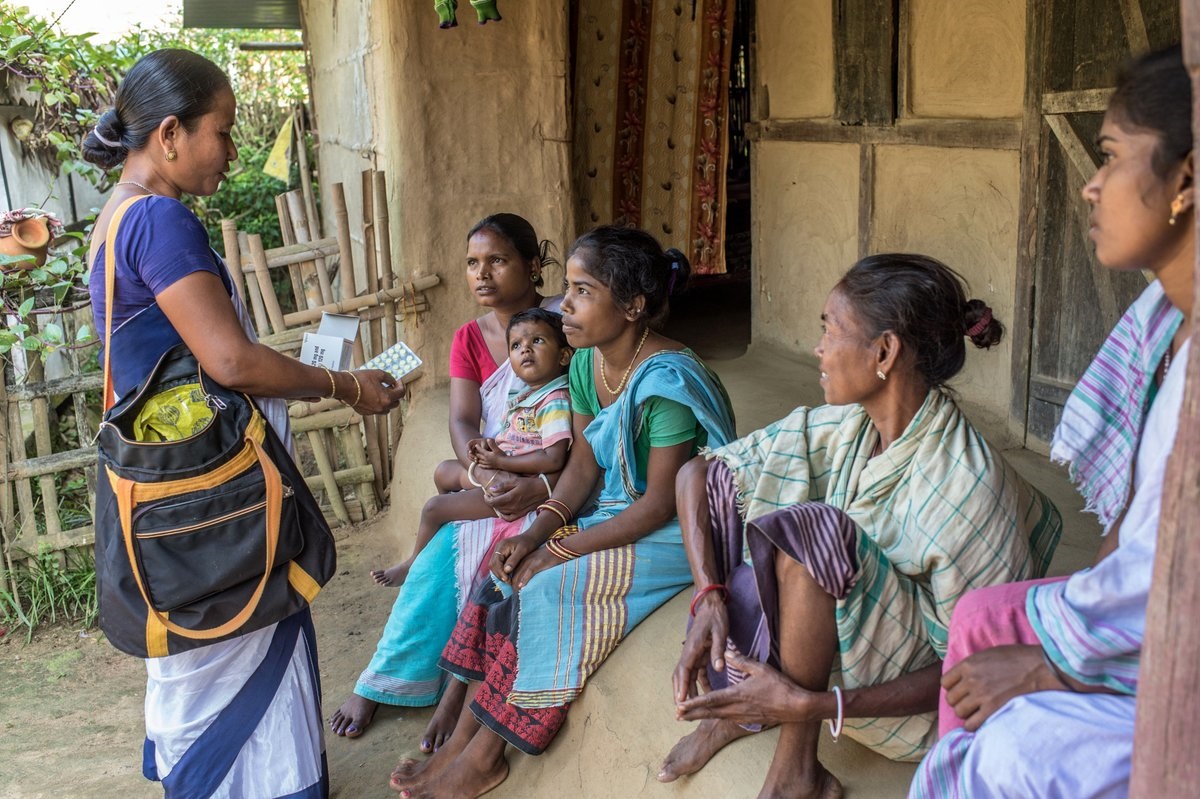
Universal Health Coverage in South-East Asia Region
Medicines are a fundamental part of health care and a well-controlled functional pharmaceutical sector is a pre-requisite for universal health coverage, but countries in South-East Asia face numerous obstacles to medicines management.
An estimated 40% of health budgets in low and middle income countries are spent on medicines, with much of the cost borne out-of-pocket by patients. Widespread health system inefficiencies mean that up to a quarter of spending on medicines is wasted due to poor procurement and irrational use, substandard and expired medicines. There has been under-investment in supply chain systems and regulatory systems as well as inadequate monitoring of medicines management.
WHO supports Member States by
-
Supporting them to formulate evidence-based policies to ensure affordable access to quality safe and effective medicines and medical products and ensure good practices for implementation of these national policies;
-
Support countries to address priority and emerging health needs, such as anti-microbial resistance or non-communicable diseases by providing specific technical support to develop national \medicines policies, essential medicines lists, formularies and clinical guidelines to improve rational use and to build national capacity for effective regulatory systems and drug supply chain management;
-
Work with countries to assess and monitor progress by collecting data on medicines availability, use, assessing regulatory systems and medicines policy implementation as part of progress toward Universal Health Coverage.
Technical links






